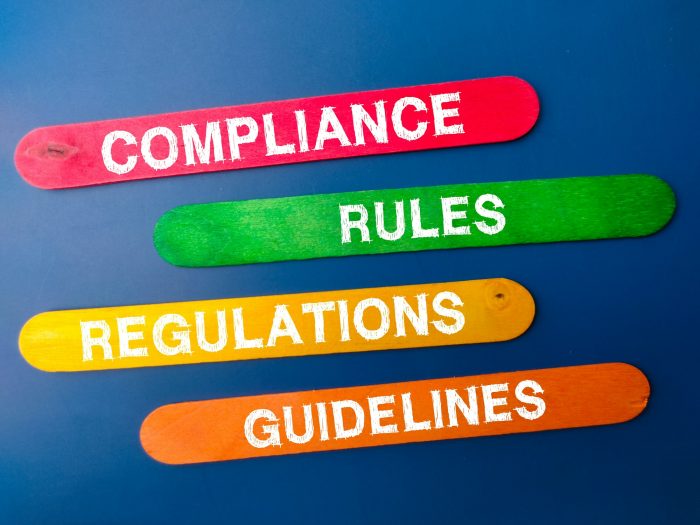As the United States gears up for a change in leadership, the path forward for regulating artificial intelligence (AI) is becoming less clear. President-elect Donald Trump has signaled plans to undo some of the executive orders put in place by the previous administration that were aimed at overseeing the development and use of AI. His administration appears to prioritize free speech and cutting back on regulations, which could lead to a more hands-off approach when it comes to governing this rapidly evolving technology.
This shift is sparking concern among experts in the field. Many worry about how this more relaxed stance might affect the ethical use of AI, especially when it comes to sensitive issues like the spread of misinformation during elections. Without strong guidelines or oversight, there’s a risk that AI could be used in ways that undermine public trust or fairness.
On the other hand, reducing regulatory hurdles could open up new opportunities for innovation. Tech companies and developers might have more freedom to experiment and bring new AI technologies to market faster. However, this approach raises questions about whether critical ethical issues—like bias in algorithms, privacy concerns, or the misuse of AI tools—will get the attention they deserve.
The choices made by the incoming administration will likely have a significant impact on the future of AI in the U.S., influencing how it’s developed, used, and perceived both at home and around the world. Whether this leads to a boom in innovation, unintended consequences, or a mix of both remains to be seen.




